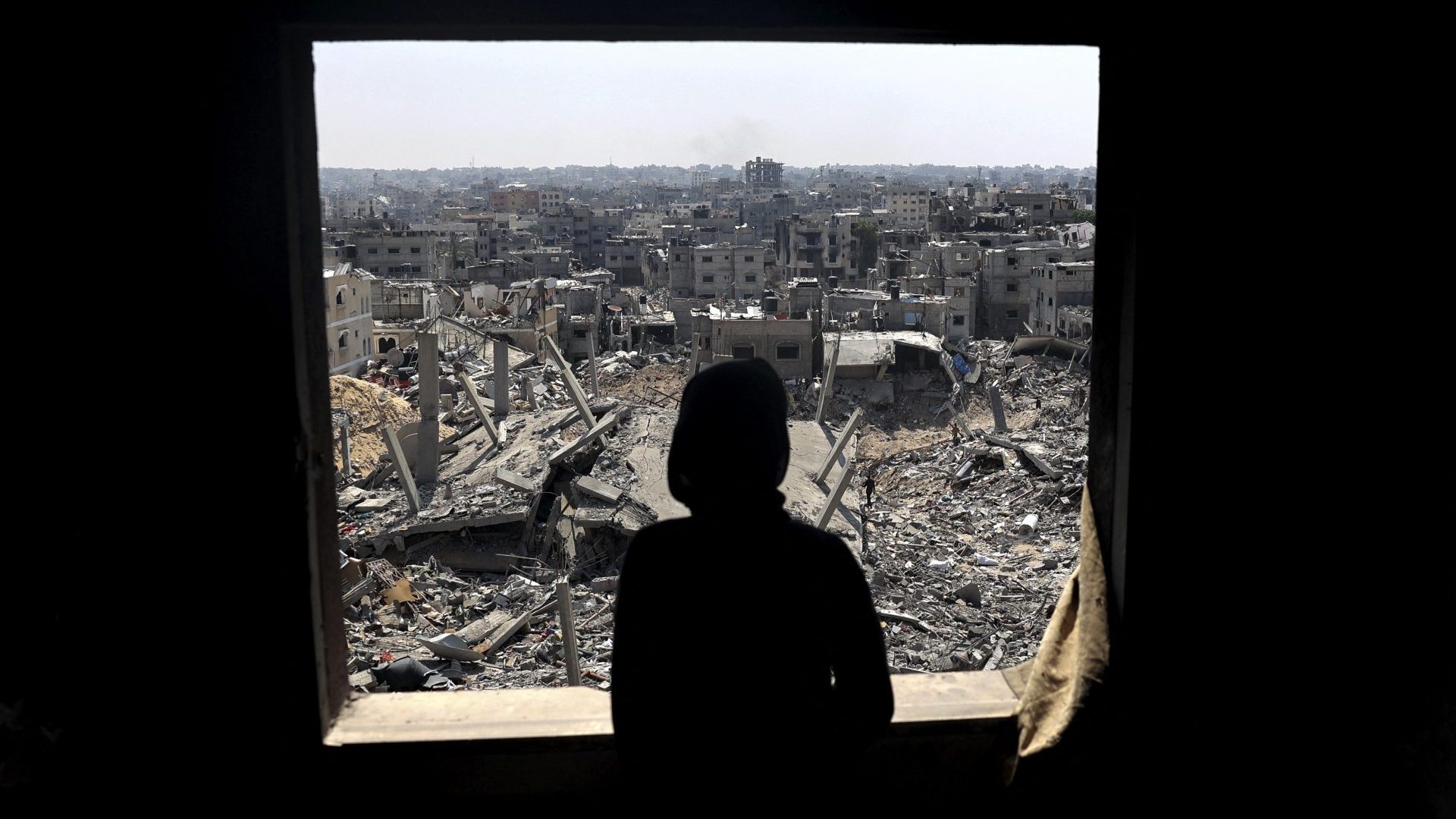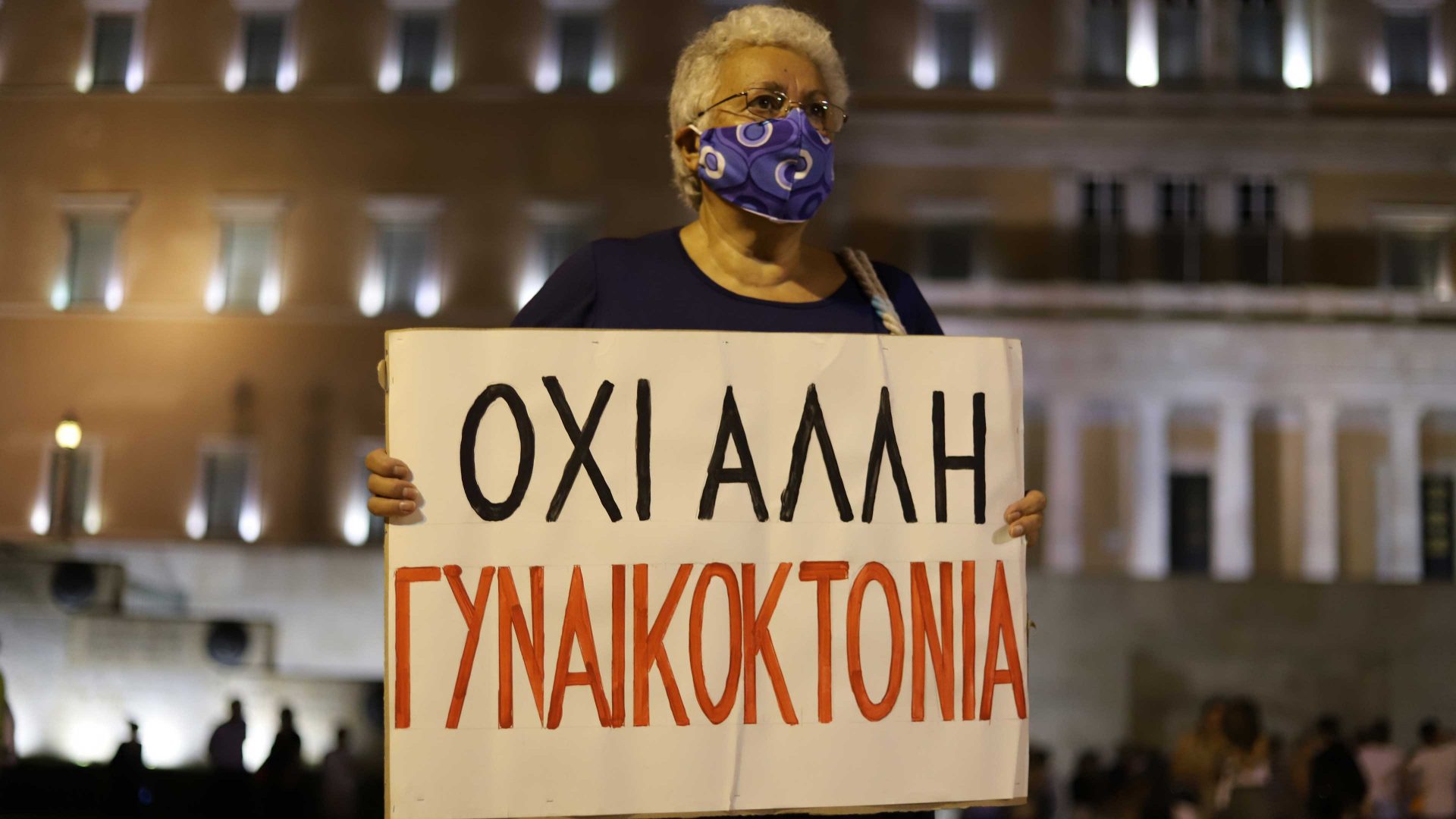I’m scrolling on X. I see cats cuddling, celebrity gossip, and Bahaa’ Nimira, a toddler reduced to literal skin and bone after losing 40kg as Gaza starves under siege. Below the post, trolls mock his cerebral palsy, his mother’s weight, and engage in whataboutism to justify his starvation. It couldn’t seem more black and white.
This has been my generation’s experience for the past few months; Eye on Palestine’s Instagram account has been churning out videos consistently to its 11.5 million followers, showing the civilian casualties of Israel’s attacks. The mass of videos illustrates the destruction of Gaza, where more than 30,000 Palestinians have been killed.
Polls show that a majority of young people now sympathise with Palestine, whereas political leaders support Israel. Conversations with older people about Israel, and debates in the news, regularly feature references to the second world war and the Holocaust, to the point that it’s become a lens through which people see Israel’s behaviour. Young people make a less direct connection and take Israel’s actions at face value.
Also alienating for Gen Z has been the way traditional media outlets have presented the conflict. Particularly disturbing for Millie, a law student, was the depiction of pro-ceasefire marchers on Remembrance Day.
She described the march, saying: “It was full of families, full of young people, older people… children in buggies… it wasn’t anything scary at all.” Yet the headlines from that day tell a different story.
Millie angrily remembers the Sun’s front page: “Fifty protesters arrested… as pro-Palestinian march begins,” with images conflating the ceasefire protesters with the self-proclaimed “defenders” of Remembrance Day, a right wing mob that stormed the Cenotaph, fought with police, and were detained en masse.
“They grab people with this headline, making it seem like there was this extreme violent aspect to it,” she says. Millie hadn’t marched on the Remembrance Day protest. She joined another march the following week.
To us, partly because we sift through multiple news sources, much of the legacy media appears very slanted in favour of Israel. But the overwhelming majority of images on social media show Palestinians suffering the effects of a brutal assault. Both forms have glaring problems: videos on social media are not always verified, but even accounting for the possibility of fake news and staged videos, it gives us access to first-hand footage.
Considering that 71% of 16- to 24-year-olds get their news from social media, it’s no surprise we’re more supportive of Palestinians. But our entire media environment has also differed from our parents’ – even Generation X grew up watching films about the second world war, some of which documented the horrific atrocities of the Holocaust. This led to an attitude that Israel needed unconditional protection and support, regardless of its conduct. That’s being challenged by my generation.
As the war escalates, wider opinion is catching up with us. YouGov showed in February that just 13% believed Israel should continue its military action. Only 24% found Israel’s attack on Gaza justified. Even Joe Biden, whose uncritical initial views look increasingly outdated, lost patience.
As well as a slow, general shift on Israel/Palestine, recent polls show that younger generations are more likely than their predecessors to hold on to their youthful political leanings as they get older.
A significant change is happening in the west, in a news environment that challenges longstanding narratives and assumptions. Some people will dive down conspiracy theory rabbit holes – but it has already led to a more globally thinking generation, more open to thinking beyond the western narrative.
Jude Kayakiran is studying history and politics at Manchester University



